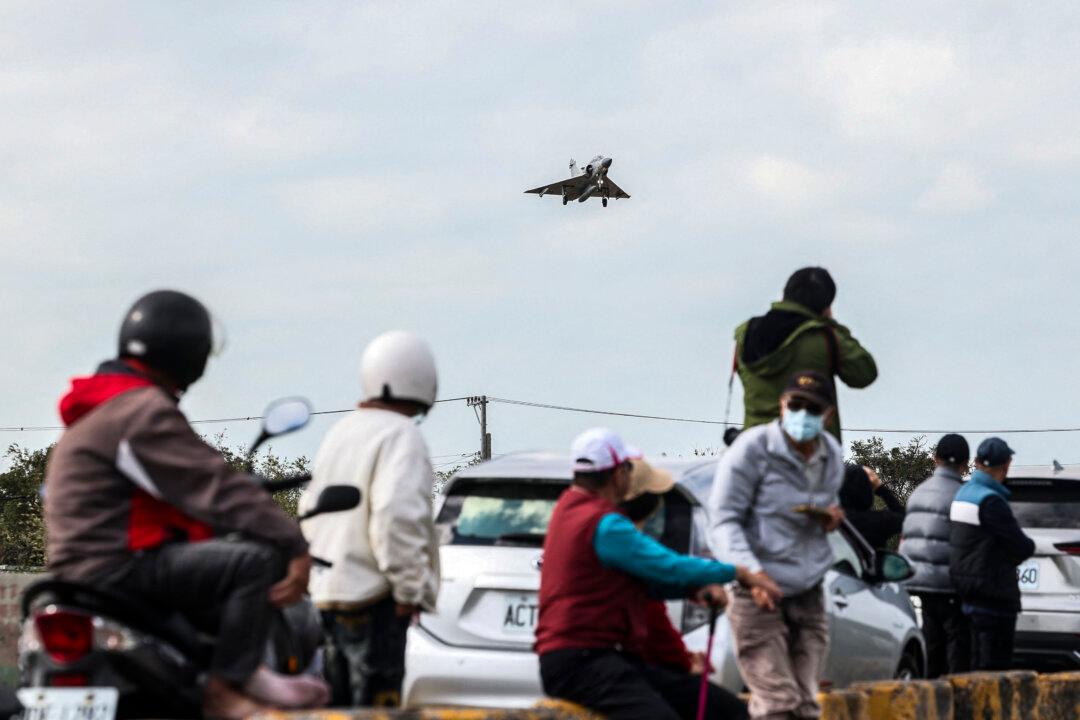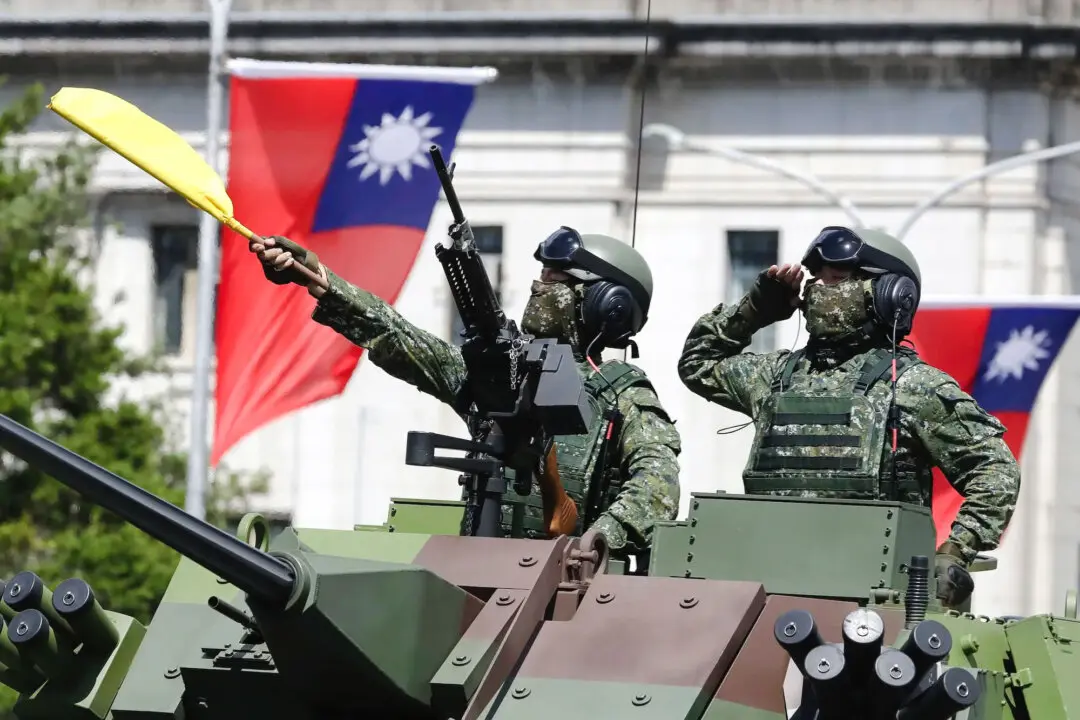Some experts said the U.S. decision makes clear why China, like Taiwan, should develop into a free nation that can engage openly with other countries.
Beijing claims the self-ruled island as part of its territory, although Taiwan has its own military, democratically-elected government, and currency.
The United States doesn’t have a formal diplomatic relationship with Taiwan, but maintains unofficial ties with the island under the Taiwan Relations Act (TRA), which was signed into law by former President Jimmy Carter in April 1979.
The TRA authorizes the United States to provide the island with military equipment for its self-defense, and set up a nonprofit corporation called the American Institute in Taiwan (AIT), which is now the de facto U.S. embassy on the island.
Two experts shared their views on the United States’ latest move to deepen ties with Taiwan, and they believe that it is time for China to democratize.
He Cheng-hui, a researcher at the Taiwan Association of Strategic Simulation, told The Epoch Times that the recent series of actions by the United States, including lifting the diplomatic restrictions, have challenged the Chinese communist regime and pointed out the crux of the conflicts between the United States and China.
“It is precisely because China is a totalitarian and non-democratic country. The nature of the conflict is not only about economic and trade interests, but more deeply, about the political system and the concept of universal values.”
“It [U.S. decision] also hinted to China that it must make fundamental changes,” He added.
As to the Chinese Communist Party (CCP)’s strong reaction to the removal of the Taiwan restrictions, He thinks that the U.S. move poses a big challenge to the CCP’s authority, and that the regime naturally reacts fiercely when it feels threatened. He analyzed that the meaning behind Pompeo’s statement was to clearly point out that “the key to the solution to the confrontation between the United States and China is that China can develop toward becoming a democratic nation.”
Su Tzu-yun, a military expert and chief executive of the Tamkang University Integrated Strategy and Technology Center, analyzed that Pompeo likely removed the restrictions at this time to ensure that U.S.-Taiwan contact becomes routine under the new administration.
And if president-elect Joe Biden chooses to restore the restrictions in the future, it would be tantamount to Biden appeasing Beijing, he said.
As to whether this lifting of restrictions is a harbinger for formal diplomatic relations between the United States and Taiwan in the future, both experts believe it is unlikely to happen soon.
Su recalled that Taiwan’s Minister of Foreign Affairs Joseph Wu said a few months ago that Taiwan currently has no plans to establish diplomatic relations with the United States. In this regard, Su further explained that there are three steps in normalizing U.S.-Taiwan relations that need to be achieved first. First, the United States should give Taiwan sufficient capacity to defend against Chinese military aggression; second, it should assist Taiwan in gaining recognition from the international community; third, any future U.S.-Taiwan tech cooperation and free trade agreements should be carried out in accordance with the common interests of both countries, without interference from the Chinese regime.
Su emphasized that the lifting of restrictions is “setting things right” in U.S. policy toward China. The most important task for the United States is to regain the strategic balance between China and Taiwan.
The United States has deepened its relationship with Taiwan under the Trump administration. Last year, it approved several large arms deals with Taiwan and increased engagement with the island.




